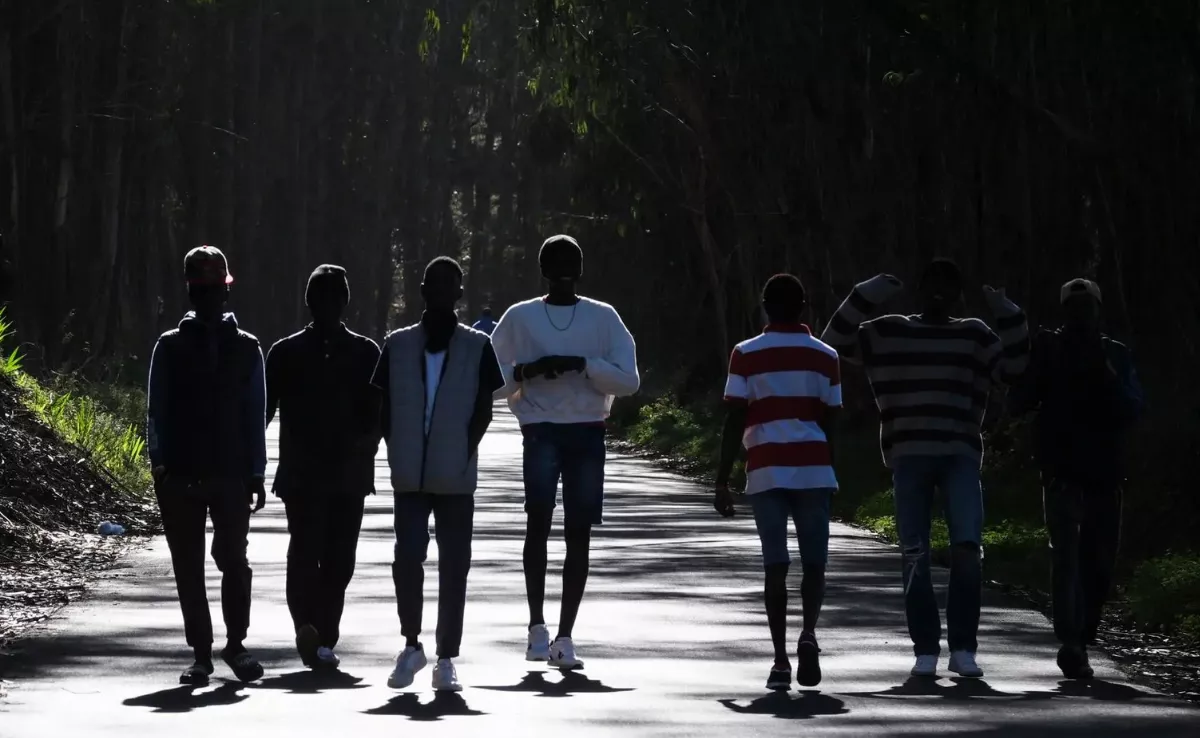
What began as an exceptional measure has become the norm. The Canary Islands currently hosts thousands of unaccompanied migrant minors in conditions that Amnesty International has described as alarming.
In its report “As of Today, I Have Nothing”, recently presented in the Canary Parliament, the organisation denounces the normalisation of large centres, overcrowding, lack of qualified staff, and the serious deficits in the protection of these children.
The situation originates from the Legislative Decree 23/2020 of the Canary Government, which modifies the care for children to adapt immediate care centres as emergency devices for the accommodation of unaccompanied foreign minors. What was intended to be a temporary measure has now solidified: today there are 82 first reception or emergency centres for minors, some housing more than 200 residents. In practice, most of these exceed their maximum capacity.
One of the centres visited by Amnesty in El Hierro, designed for 150 minors, housed up to 250. Another in Tenerife, intended for 215, accommodated over 400. And this is not about brief stays: many young people spend more than a year in centres that should only be for emergencies. These large centres not only hinder individualised care, but, according to testimonies collected, they also impede the identification of minors with specific needs or trauma. “Homes cannot be created, nor can educational follow-up be established, nor can mental health issues be detected with these numbers,” admitted a responsible official from the protection system.
The problem is exacerbated by the hiring of staff without proper training. The concern regarding the centres recruiting poorly prepared personnel as educators was highlighted, among others, by the Regional Prosecutor for Human Trafficking and Immigration in Las Palmas, who lamented that in some cases there was a tendency to hire “bouncers from nightclubs.” The Prosecutor insisted on the need to hire appropriately trained staff to work with unaccompanied children and announced the intention to improve the inspection system of these centres to guarantee the rights of minors to documentation and education.
On the other hand, official inspections are minimal: between 2020 and 2024, only 27 centres were visited. In 2023, barely four were inspected.
Amnesty also documents reports of violence within these centres: mistreatment, excessive punishment, reprisals such as withholding food or phones, and retaliation against minors who attempt to report incidents. One director confirmed the opening of a judicial investigation against one of their staff for assaulting a minor.
The reporting mechanisms also do not function as they should. Although there are complaint boxes and contact phones, the oversight of these channels often remains in the hands of the centre itself, leading to distrust. Former staff have claimed to have witnessed minors being pressured not to report incidents, and their phones being confiscated if they recorded violent situations.
The report notes that the lack of inspection and supervision turns these spaces into environments where abuses can proliferate without consequences. “There are boys who are punished without documentation, without education, or without exit permits for ‘bad behaviour’,” revealed a worker.
The described situation is not that of a system overwhelmed by an unexpected emergency. It is that of a model that has ceased to be provisional and has become structural. And with this, as Amnesty warns, the best interests of the child—a guiding principle of international children’s rights—are being systematically violated.















